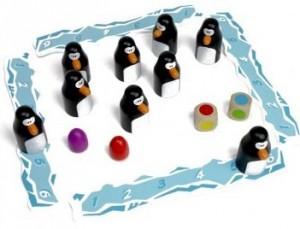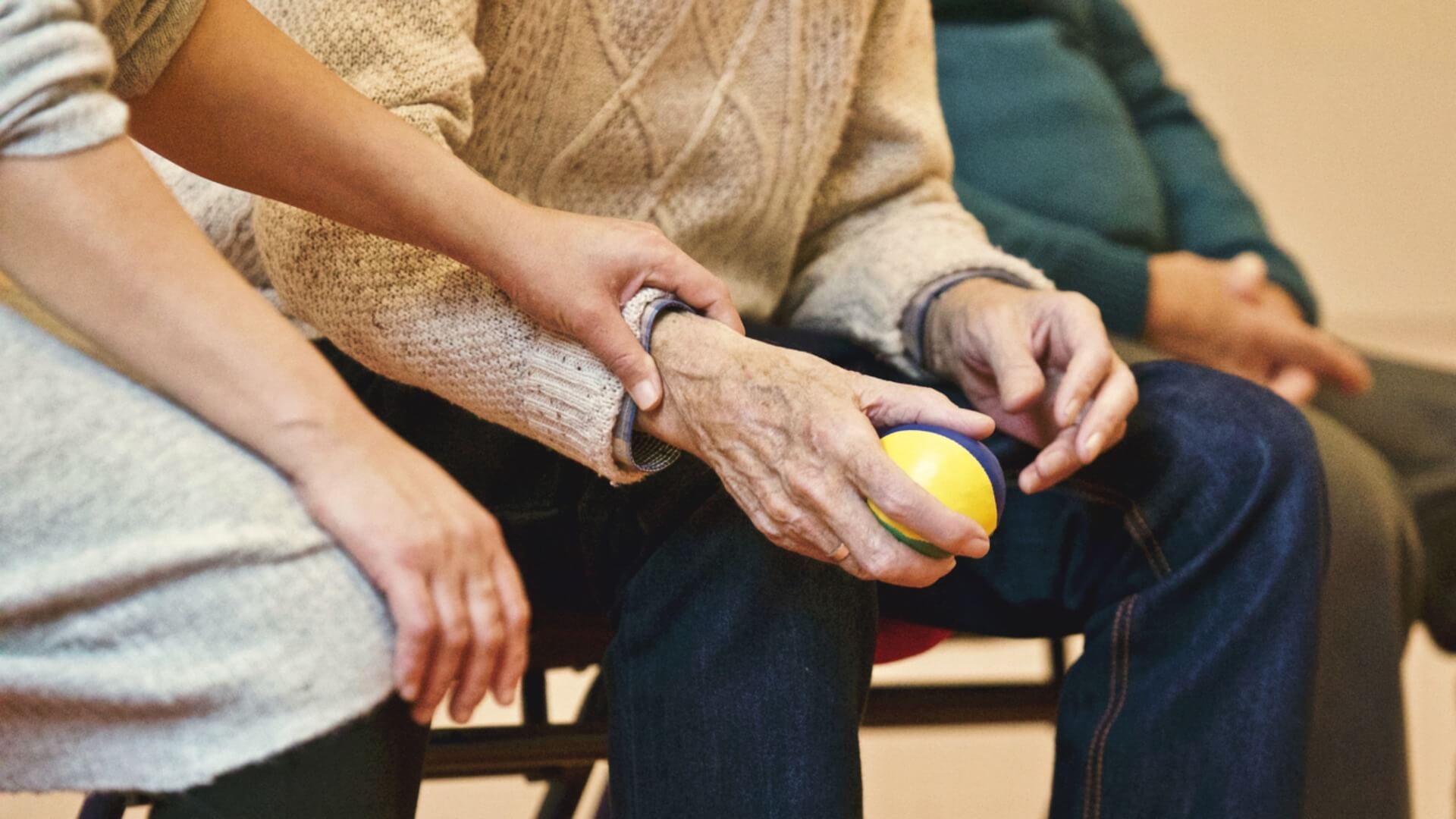Whenever my older sister misplaced things, or forgot a word or phrase, or walked into a room and couldn’t recollect why, she was fond of saying that she was having a “senior moment.” While it’s true that memory and processing speed can be challenged as we age, there are some aspects of the cognitive mind that are sharper in the elderly than in the young. Older people have a depth and breadth of knowledge and experience from which to draw. Decision-making processes can be stronger and certainly, the elderly probably have better language skills than their younger counterparts. But, as with the rest of the body, the mind should exercise or face possible atrophy.
According to Marbles, the Brain Store, the brain is malleable and can continue to create more neurons and neuronal connections, even older adults can exercise their brains and improve areas that they may not be as sharp in. SharpBrains, an independent research and advisory company on brain fitness, concurs. Cofounder and CEO Alvaro Fernandez states in an article on Social Work Today, that brain fitness is becoming a standard in older adult residential facilities, with more than 700 facilities in the United States alone installing computerized cognitive training programs since 2007.
Although I love computers, I wanted to find some good old-fashioned offline games to help increase brain strength. With that in mind (pun intended), I’ve enlisted the help of my local Marbles to give caregivers an idea of some games they can play with their seniors. Here are some of the suggestions from their website:
Marbles Good Thinking Kit – This portable kit boasts over 100 activities to help improve memory, critical thinking, coordination, visual perception and word skills.


Pengoloo – Pengoloo is as much fun as one of penguins’ favorite pastimes: sliding down icy hills on their bellies! The best part? This charming game works your memory without you even realizing it. (The greatest brain health games are sneaky like that.)
Rush Hour – This multi-award winner is one of Marbles’ bestsellers; my kids love it too. Perhaps it’s the fun of setting up the game board based on pictures of traffic jams and then plotting your escape as you slide cars and trucks out of the way. Although it looks like a kid’s game, it’s challenging to even the best adult puzzlers.


Sherlock Deluxe – As Sherlock searches for clues, players are asked to recall objects on a facedown card. If the player is correct, the card is turned face-up and Sherlock moves on. If Sherlock lands on a face-up card, the player gets to keep that card. The first player to collect six cards wins. For adults, the game just might help you remember that you left your keys in the freezer.
And because we are not always around or available to play, a good solitary brain game continues to be:
Little Black & White Book of Crosswords – Of course, there areother crossword puzzles out there. But The New York Times Crossword is the gold standard. The bible. The one that all others are measured against. Now you can get 200 of these brilliant bad boys in The New York Times Little Black (and White) Book of Crosswords from puzzle master Will Shortz.

Caregiverlist® suggests that the next time you think of healthy aging and senior caregiving, remember to add some brain exercises. Along with physical activity and good nutrition, it will help you help your senior to age well.







